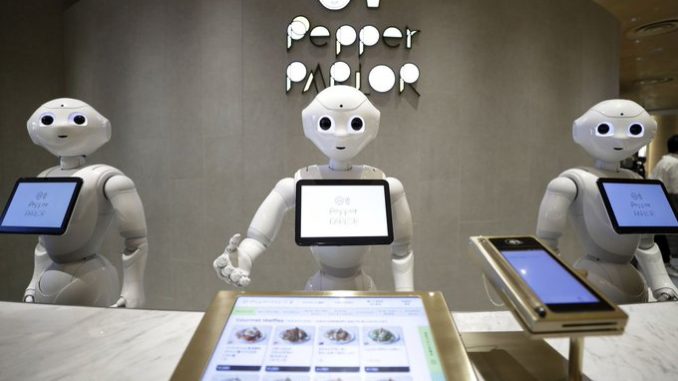
Artificial intelligence isn’t on the cusp of sentience. But its growing inscrutability and sway over us should still be cause for concern.
It has been an exasperating week for computer scientists. They’ve been falling over each other to publicly denounce claims from Google engineer Blake Lemoine, chronicled in a Washington Post report, that his employer’s language-predicting system was sentient and deserved all of the rights associated with consciousness.
To be clear, current artificial intelligence systems are decades away from being able to experience feelings and, in fact, may never do so.
Their smarts today are confined to very narrow tasks such as matching faces, recommending movies or predicting word sequences. No one has figured out how to make machine-learning systems generalize intelligence in the same way humans do. We can hold conversations, and we can also walk and drive cars and empathize. No computer has anywhere near those capabilities.
Even so, AI’s influence on our daily life is growing. As machine-learning models grow in complexity and improve their ability to mimic sentience, they are also becoming more difficult, even for their creators, to understand.
